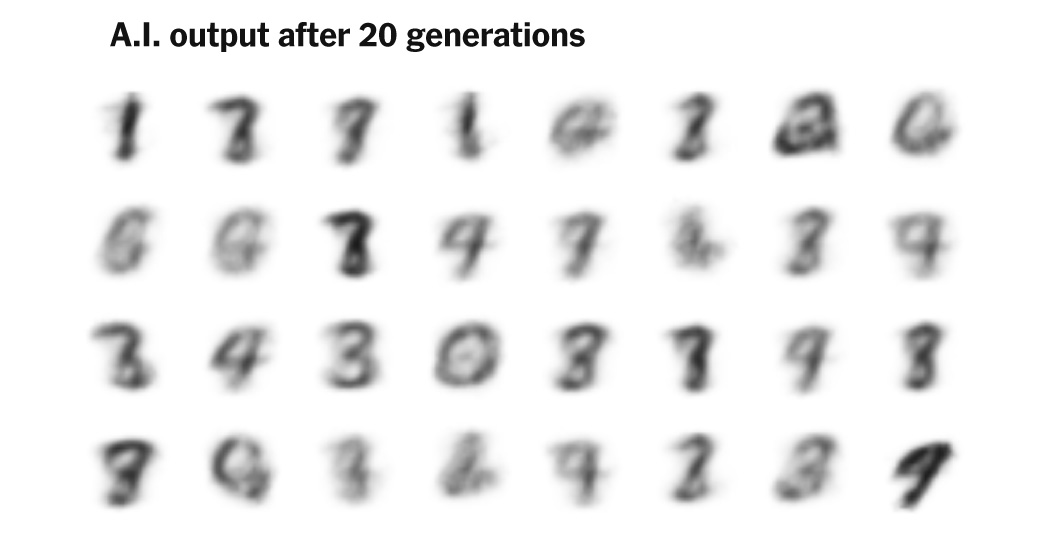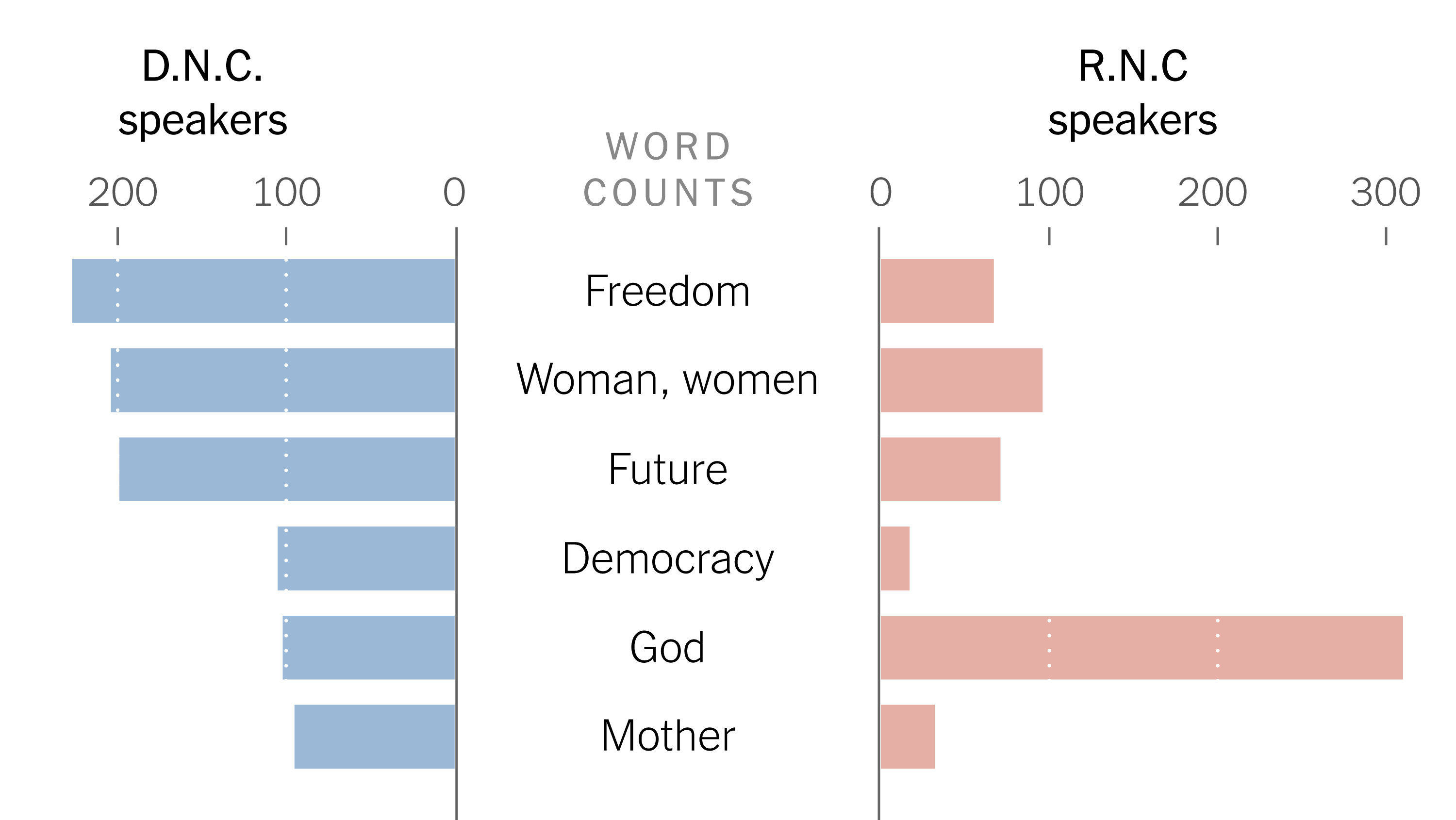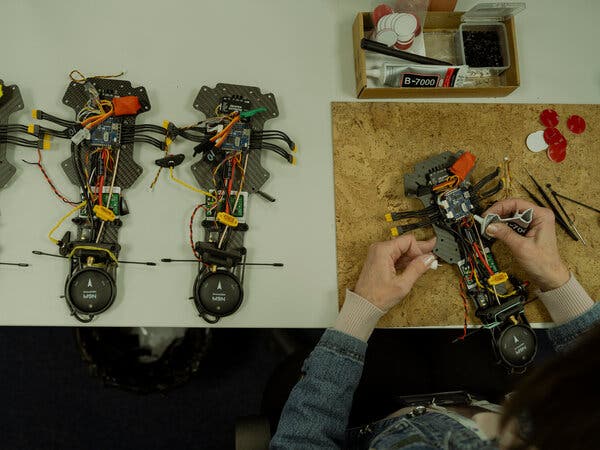Vatican News has a full report on the Pope’s address to the G7 leaders on Artificial Intelligence. In the address the Pope called AI “a true cognitive-industrial revolution” that could lead to “complex epochal transformations”. The full address is available (in various translations) here.
After all, we cannot doubt that the advent of artificial intelligence represents a true cognitive-industrial revolution, which will contribute to the creation of a new social system characterised by complex epochal transformations. For example, artificial intelligence could enable a democratization of access to knowledge, the exponential advancement of scientific research and the possibility of giving demanding and arduous work to machines. Yet at the same time, it could bring with it a greater injustice between advanced and developing nations or between dominant and oppressed social classes, raising the dangerous possibility that a “throwaway culture” be preferred to a “culture of encounter”.
Partecipazione del Santo Padre Francesco al G7 a Borgo Egnazia, 14.06.2024
The Pope makes a number of interesting points starting with a point about how tool making is a looking outward to the environment – a techno-human condition that is part of being human. It is a particular form of openness to the environment that can lead to good or be corrupted which is why ethics are important. “To speak of technology is to speak of what it means to be human and thus of our singular status as beings who possess both freedom and responsibility. This means speaking about ethics.”
The Pope also makes a point that I think Lyotard made in The Postmodern Condition, namely that datafication is limiting our ideas about what knowledge could be. AI could go further and limit our ideas about what it is to think at all. As the Pope says, “We cannot, therefore, conceal the concrete risk, inherent in its fundamental design, that artificial intelligence might limit our worldview to realities expressible in numbers and enclosed in predetermined categories, thereby excluding the contribution of other forms of truth and imposing uniform anthropological, socio-economic and cultural models.”
The Pope concludes by reminding us that we cannot avoid politics and that what we need is a healthy politics capable of creating “the conditions for such good use [of AI] to be possible and fruitful.”







